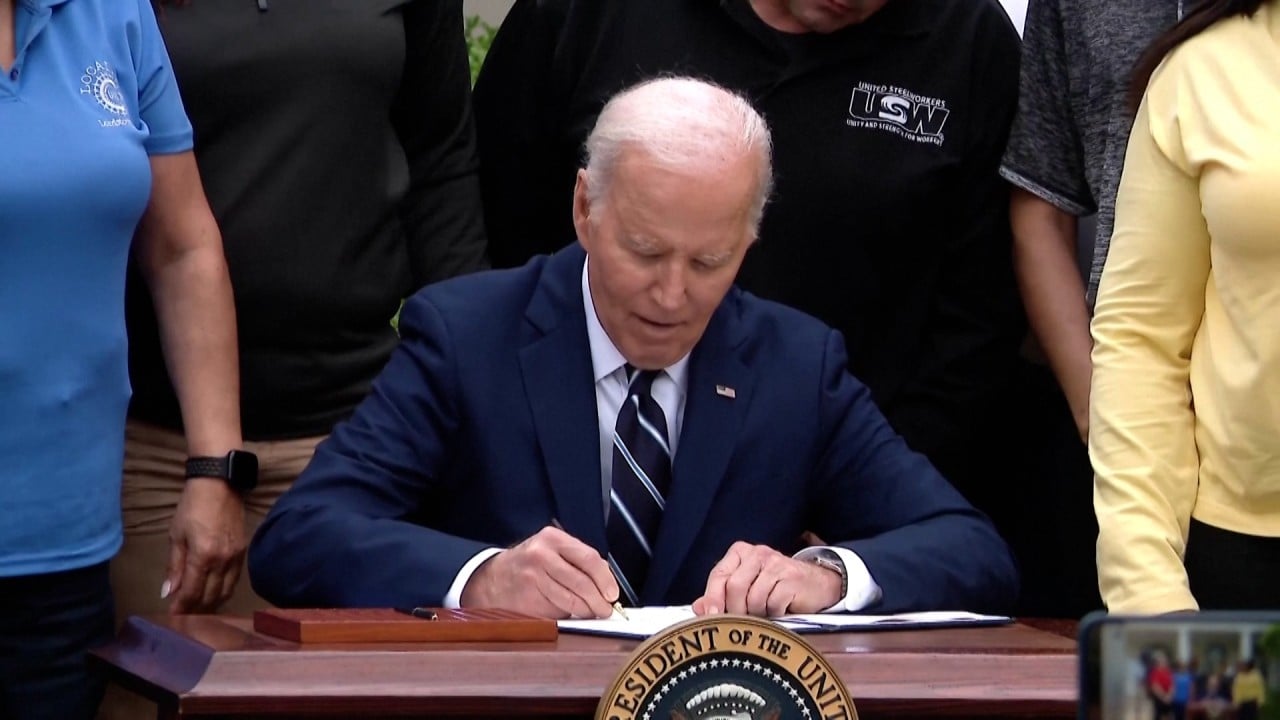Southeast Asia reaps rewards as US-China rivalry rocks global supply chains
Asean nations attracted more foreign direct investment than China for the first time in a decade last year, according to a report

The rivalry between China and the US, the world’s two largest economic powers, is bringing a massive wave of opportunities to Southeast Asian nations (Asean) in terms of fresh investment and trade diversification, experts said.
The geopolitical tensions have prompted more manufacturers to diversify their supply chains to the region at a quicker pace, said William Fung, deputy chairman of Li & Fung, a Hong Kong-based pioneer in consumer goods supply chain. This will help these Southeast Asian countries upgrade their infrastructure, attract talent and embrace new technologies, he added.
“For the people, the industrialists relocating from China, Asean is the obvious stop” to avoid potential tariff risks, Fung said in an interview on the sidelines of the UOB Gateway to Asean Conference in Ho Chi Minh City, Vietnam. “The opportunity really falls in this region.”
Southeast Asia attracted more foreign direct investment than China for the first time in a decade last year, as global manufacturers adopted the “China plus one” supply-chain strategy to mitigate the fallout from Washington-Beijing tensions. A tariff war since the Trump presidency has stoked manufacturing costs, eroding China’s appeal as a cheap manufacturing base.
Asean’s top economies Indonesia, Malaysia, the Philippines, Singapore, Thailand, and Vietnam attracted US$206 billion in FDI in 2023, while China received US$43 billion, according to a joint report published by Angsana Council, Bain & Co and DBS Bank.
“They will bring employment, technology transfer, foreign exchange in terms of earnings, and over time, the whole supply chain will move in,” Fung said. “These geopolitical pressures have speeded up the process.”
The region’s economy is expected to grow by 5.1 per cent on average over the next decade, with Vietnam being among the likely best performers, the report showed.

